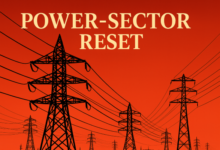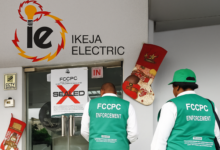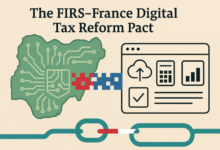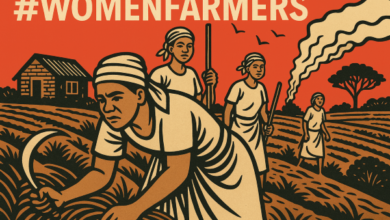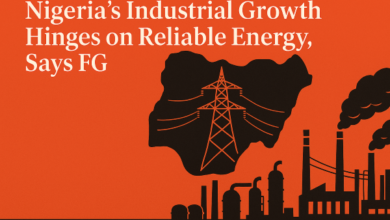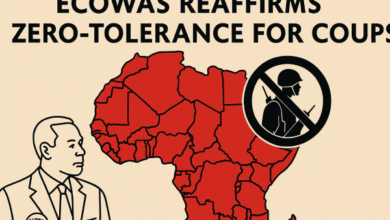Petrol price hike: Nigerians cry out, express outrage, urge reversal
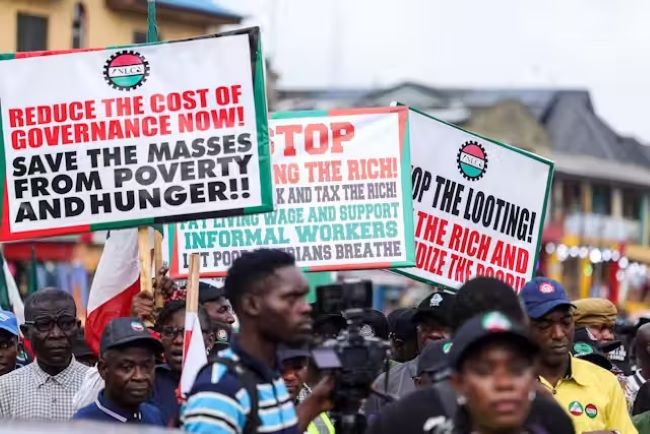
Nigerians all over the federation are crying out over the ripple effects of the shock petrol price hike which took effect on Tuesday.
Borno, Yobe and Adamawa
The people of Borno, Yobe and Adamawa have expressed shock and disappointment over the increase in the pump price of Premium Motor Spirit (PMS) by the NNPC Retail Management.
BRANDPOWER reports that NNPC Retail Management had on Tuesday approved upward review of the pump price from N617 per litre to N897 llitre, effective from Sept. 3.
This is amid economic hardship and persistent fuel scarcity.
Petrol price hike killing our businesses, transporters, artisans cry out
Checks revealed that the NNPC retail stations immediately adjusted their pumps and totems (price boards), reflecting the new PMS price of N897 as against N617 per lite.
Many residents in Maiduguri, Yola and Damaturu, who spoke to NAN said that it was more worrisome that the product was not even available at the cost of N897, forcing them to buy a litre from black market for between N1, 000 and above.
In Maiduguri, most filling stations have no fuel, while the few with fuel are selling from N1,100 and above leading to increase intransport fare by about 30 per cent.
However, Borno Government mass transit taxis and buses are still conveying passengers within Maiduguri at the old prices of N100 per drop for taxis and N50 for buses.
Yakubu Baba, a civil servant said it was unfortunate and insensitive that the increase was coming when the government was yet to implement the new minimum wage.
Deregulation responsible for petrol price hike, not FG – Lokpobiri
“Its sad we continue to experience a series of increases in prices of things in spite of the non implementation of minimum wage by the Federal and most state governments.
“Such development look more like punishment for workers and other Nigerians.”
In Yola, the capital of Adamawa where the commodity sells for between N1,100 and N1,200 per litre, transport fares have been increased by 30 per cent.
The residents condemned the increase, and called for a reversal.
Malam Buba Ali, a driver, said the situation had paralysed both intra and inter states transportation in the state.
According to Ali, it has made transport business to be more of survival than profit.
“Our fear now is that prices of spare parts and other commodities will increase,” he said.
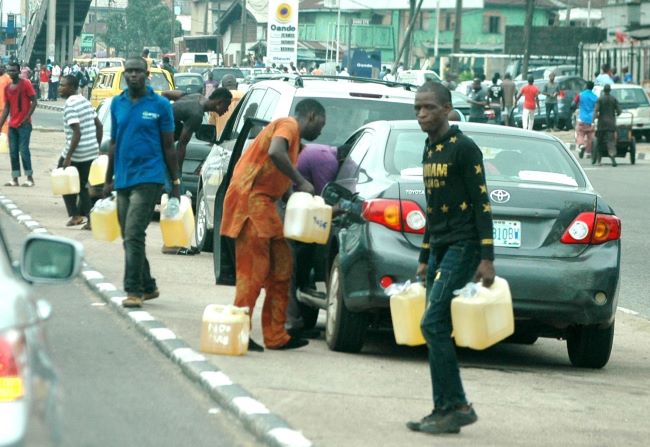
Dahiru Buba, the Adamawa Chairman of Independent Marketers Association of Nigeria (IPMAN), also condemned the increase which he said could push some of his members out of business.
In Damaturu, the capital of Yobe, residents said already there was fuel scarcity in the state which was worsened by the hike.
Alhaji Baba Dan’Iya, a businessman, described the increase as a “double blow” to the already struggling economy and pockets of many Nigerians.
“We are still grappling with the aftermath of insurgency in the state, and now this fuel hike, which is further exacerbating our challenges,” he lamented.
Malam Bukar Modu, a commercial driver, said the hike had significantly increased his operational costs.
“The increase in fuel prices has forced us to raise transportation fares, which has affected our customers,” he said.
Alhaji Faruq Mamman, a farmer, expressed fears that the hike would lead to a surge in the prices of agricultural inputs and food items.
“Farmers rely heavily on transportation to transport their produce to markets. With the increase in fuel prices, we anticipate a corresponding rise in the cost of food,” he said.
Mr Suleiman Sani, a civil servant, advised the government to rethink and address the hardship caused by the fuel hike.
“We understand the economic challenges facing the country, but the burden should not be borne solely by the common man,” he said.
BRANDPOWER reports that most filling stations in Damaturu remained closed due to the scarcity of fuel.
The few stations that opened were selling the product at exorbitant prices, ranging from N1, 450 to N1, 500 per litre.
Edo residents express frustration
Many residents of Benin, have expressed frustration over the hike in the pump price of Premium Motor Spirit (PMS).
This is amid economic hardship and persistent fuel scarcity.
BRANDPOWER reports that the price of a litre of petrol in Benin City now ranges between N1,100 and N1,300.
The residents called for a reversal of the new price regime.
According to them, the hike is already having severe impact on the local economy.
Blacky Ogiamen, leader of the Edo Market Women Association, appealed to the Federal Government to urgently address the situation by reverting to the old price.
Ogiamen warned that the increase in fuel prices would exacerbate the already high cost of food items in the country.
“We are already struggling with the high cost of living, and now the fuel prices have gone up.
“The cost of transporting goods has already increased, and this will inevitably lead to higher food prices,” Ogiamen said.
Mr Solomon Uwa, a poultry farmer, said that he had to increase the price of his products to cope with the rising fuel costs.
“Buying fuel for N1,300 at is not sustainable for my business because I convey my products to different markets.
“I have added N200 to the price of a crate of eggs just to cover the extra fuel costs,” Uwa explained.
Mr Jacob Isere, a commercial driver, expressed his frustration, noting that the new fuel prices were unaffordable for the average citizen.
“I bought fuel two days ago for N910 per litre, but today, I was shocked to find prices between N1,100 and N1,200 at the Benin bypass today.
“We are appealing for a reduction in the price so that people can continue with their daily activities.”
Mrs Deborah Idemudia, a civil servant, said that the hike was contrary to the Federal Government’s agreement with labour unions.
“The agreement was that fuel prices would not be increased with the new N70,000 minimum wage in place.
“Now, I am paying N500 for transportation from Ring Road to Ramat Park, up from N300 that was being charged before the hije.
‘This means an additional N1,000 on my weekly budget, just for one transportation route, yet my salary remains the same,
“We are not even talking about how this will affect the prices of food, clothing, accommodation, school fees, and other expenses.”
Hon. Austin Atakpo, President of the Benin Chamber of Commerce, Industry, Mines, and Agriculture, suggested a more decentralised approach to the fuel market.
“The Federal Government claims to have decentralised the system, so it should truly be decentralised and not just on paper.
‘The Dangote refinery, for example, should have its own petrol stations, just as NNPC operates its mega stations,” Atakpo recommended.
Traders, civil servants in Kano moan
Traders and commuters in Kano metropolis have also expressed worry over the recent hike in the pump price of Premium Motor Spirit (PMS).
A correspondent, who went round the state capital, observed that fuel stations were dispensing the product between N970 and N1,150
The increase had drawn criticisms from various sectors.
They lamented that the adjustment would exacerbate the already high cost of living as well as deepen the economic struggles faced by many Nigerians.
Malam Abubakar Saleh, a teacher noted that the current situation of fuel was worrisome.
“Increase in the price of fuel means increase in the price of everything again.
“Things have not been the same since the removal of subsidy from fuel, and to still worsen the situation, pump price has been increased without prior notifice,”he said.
Malam Shehu Aminu, a civil servant, said that the fuel price hike would reduce workers’ purchasing power.
“This increase will escalate price of many things including transportation fares, making it difficult for workers to commute efficiently to work,” he said.
He urged the Federal Government to pay the minimum wage and implement measures to alleviate the financial strain on citizens.
Mrs Nana Muhammad, a hairdresser ,expressed worry that the fuel increase would lead to a rise in food prices, which had recently begun to stabilise due to harvest.
“Traders will likely exploit the situation by inflating the prices of goods,” Muhammad said.
Meanwhile, a trader, Lawan Hussaini, urged the government to prioritise the welfare of its citizens when formulating policies, suggesting that the current measures fell short of addressing the immediate needs of the populace.
He emphasised the increased financial burden on households, particularly those dependent on a single income.
BRANDPOWER also confirmed that commercial motorcyclists had also increased their fares from one area to the other within the state capital.


